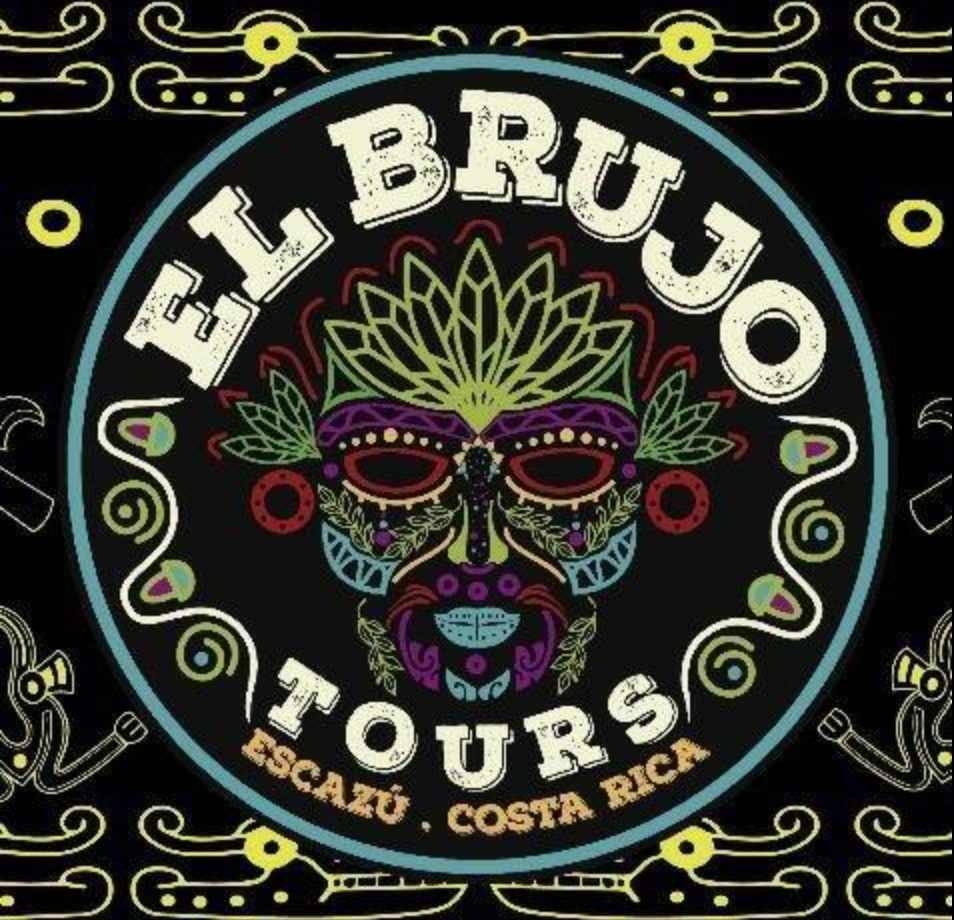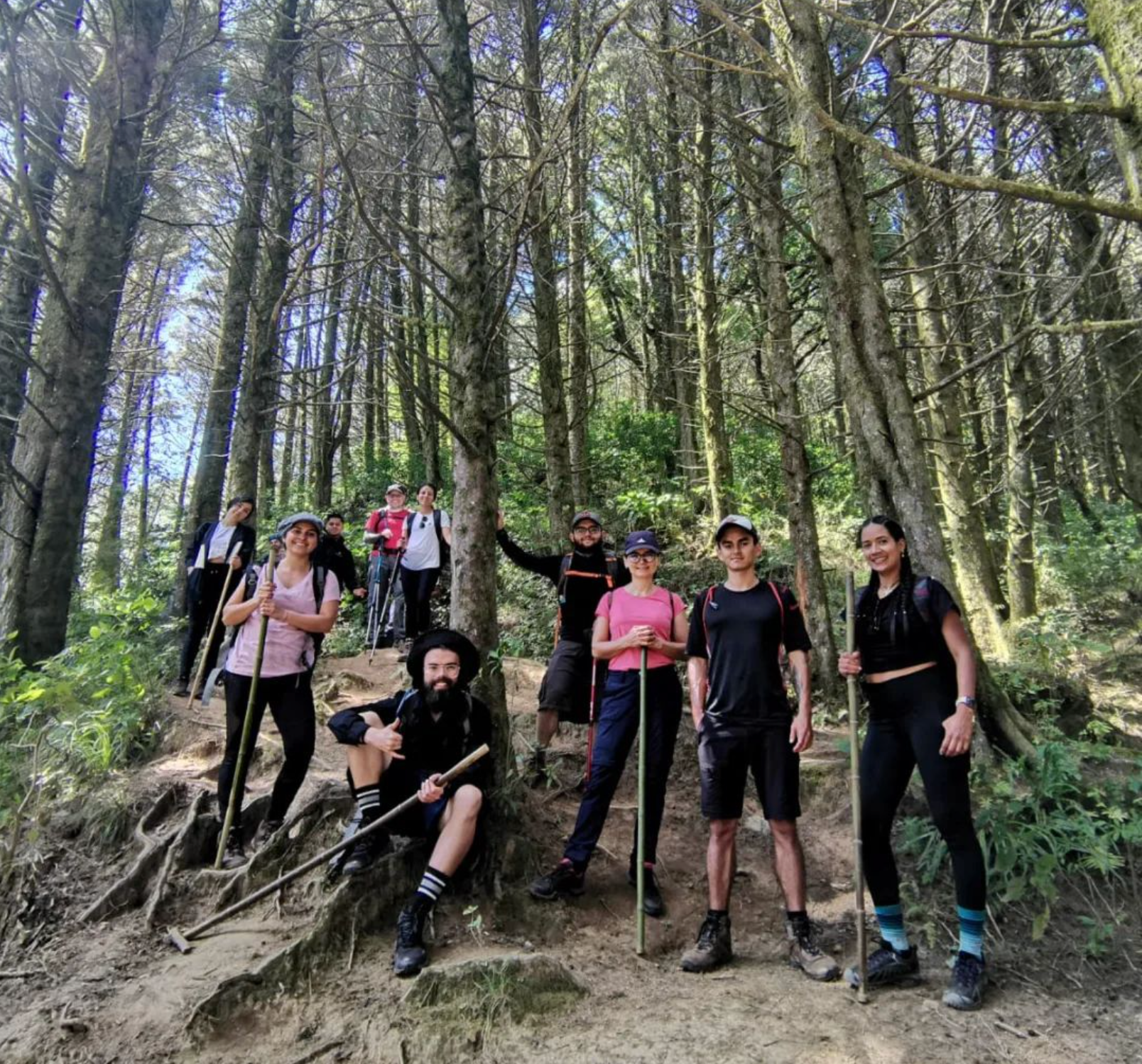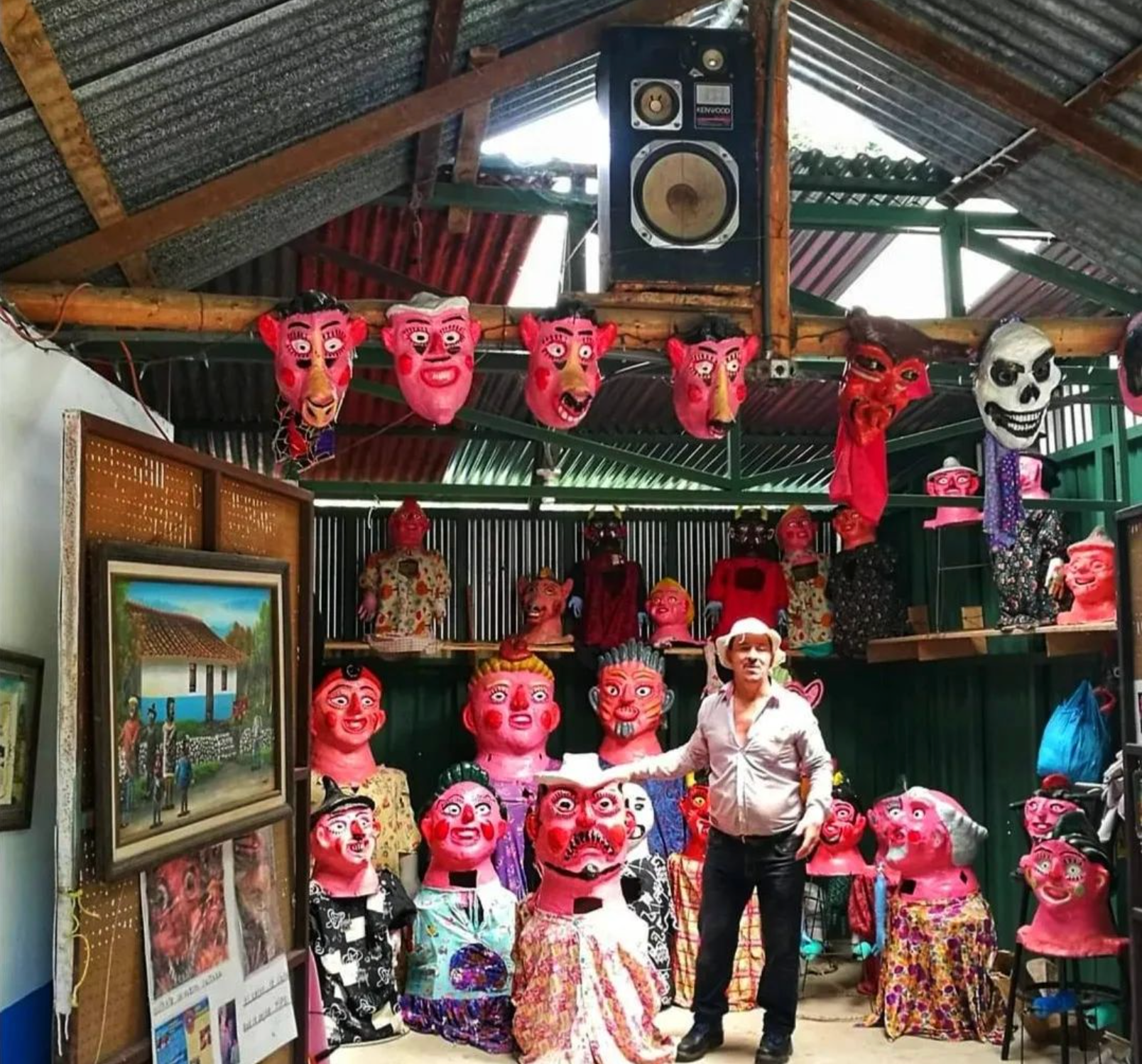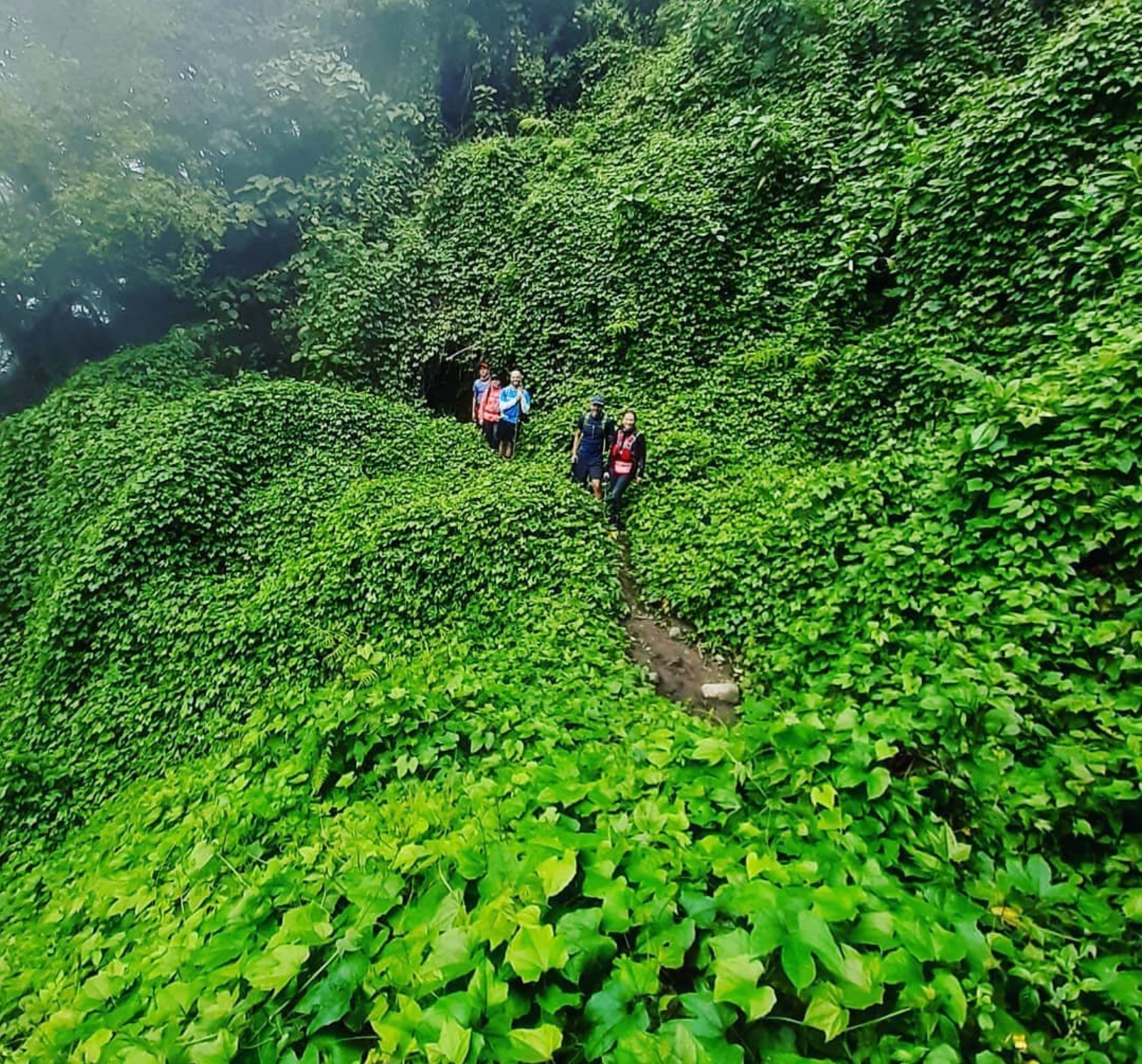SUMMARY
Challenge
To reimagine a more resilient tourism industry while driving sustainable economic growth in Costa Rica.
Opportunity
How might we extend the hiking experience beyond the trail, enabling hikers to develop a deeper emotional connection with both the local community and the country itself?
Intervention
Yazú is a service designed to provide international hikers with access to affordable, scenic, safe, and easily accessible hikes near urban centers, offering a complete, end-to-end hiking experience. Drawing inspiration from the goal of creating a more resilient, life-centered tourism industry, Yazú integrates ARGs (Alternate Reality Games) to amplify the experience. This interactive, networked narrative uses the world as its storytelling platform, connecting hikers to Costa Rica's culture, people, and landscapes in a meaningful way.
*More on the process below.
Concept image
how it works
Concept video
Service Blueprint
PROCESS
Context
The COVID-19 pandemic had a profound impact on the global tourism industry. In Costa Rica, tourism represented around 7% of the country’s GDP, but for a significant portion of 2020, this dropped to nearly 0%.
Design challenge
How might tourism be reimagined to become more resilient and life-centered, while also driving sustainable economic growth in Costa Rica?
Initial research & reframing design challenge
After conducting extensive research with tourism experts and local businesses, we focused on deepening the emotional connection between tourists and their Costa Rican experience.
The reframed design challenge changed to:
How might we extend the hiking experience beyond the trail, enabling hikers to develop a deeper emotional connection with both the local community and the country itself?
Focus & co-creation partners
We chose to focus on rural tourism and partnered with El Brujo Tours, a local eco-tourism agency offering authentic rural community experiences.
El Brujo Tours specializes in eco-friendly hikes in the scenic mountains of Escazú, just a short distance from the city. Their motto, "Conectando con la Naturaleza" (Connecting with Nature), reflects their commitment to providing affordable, immersive tours that blend nature with local culture. Along the way, guests learn about the area’s history through engaging local stories and enjoy sandwiches made from fresh, locally sourced ingredients.

El Brujo Tours logo

Escazú mountains

Escazú masks

Escazú landscape
in-depth research
We participated in a guided hike and posted on Reddit to gain insights into a hiker's mindset. Using a Service Design framework, we then synthesized the gathered information to better understand their needs and behaviors.
In-field hike
Reddit post
Hiker's mental model
When choosing a hike, hikers prioritize the guide's expertise and likeability, the overall experience of the hike, and the group dynamic.
What hikers look for in a hike
Persona
We focused on designing an intervention for international hikers seeking affordable, scenic, safe, and convenient hikes near the city. These tourists, who are nature enthusiasts, typically stay in Costa Rica for 1-3 months but spend only a few days in the city. Their main challenge is avoiding "gray cities" and instead seeking authentic, locally-driven experiences.
Ecosystem map
Next, we mapped out the key stakeholders and identified an opportunity to enhance the experience by fostering a closer connection between the guide and the tourists.
Ecosystem map
Team focus
Journey map
The initial process began with city promotion or social media outreach. Afterward, the hiker would contact the tour operator, make a deposit, and reserve their spot. Upon arrival, the hiker would enjoy the hike, followed by a final farewell activity planned by the guide.
While we considered improving pain points like ticket purchasing and transportation arrangements, we realized that these solutions wouldn't necessarily drive long-term economic growth. As a result, we reassessed the design challenge and reframed it:
How might we extend the hiking experience beyond the trail, fostering a deeper emotional connection between hikers, the local community, and Costa Rica as a whole?
Journey Map
co-creation session #1
We held a co-creation session with the founder of El Brujo Tours, which included ice-breaker activities, sketching, role-playing, and journey mapping.
Through this session, we discovered two key insights: (1) Escazú's local legends are a powerful tool for storytelling, and (2) each guide brings their unique approach to every hike. We used these insights to inform and refine the direction for the second co-creation session.
Sketching activity
Role-playing activity
co-creation session #2
We held a session with an international hiker who frequently participates in El Brujo Tours hikes, focusing on understanding their perspective.
From this session, we learned that:
1) The hiker viewed the hikes as a mission to accomplish.
2) They valued the sticker as a tangible reminder of the experience.
3) The Escazú legend stories were not clearly communicated.
We analyzed these insights and used them to refine the final concept.
Sketching activity
Role-playing activity
synthesis & decision making
Our observations revealed that:
1) There is a disconnect between the storytelling and how the hiker perceives it.
2) The hiker views the hike as an accomplishment to complete.
3) The sticker is valued as a tangible symbol of their success in finishing the hike.
Based on these insights, we asked ourselves:
1) What if the stories could enhance the overall hike experience?
2) What if the hike itself could be framed as a game to be completed?
3) What if the sticker became more than just a reward at the end?
These questions, combined with further research, led us to explore Alternate Reality Games (ARGs), which we then incorporated into the development of the final concept.
Concept
description
An immersive hiking experience that lets hikers explore the cultural richness of Escazú through both digital and physical interactions. The name comes from a magical vine used to defeat 'Tulevieja,' a witch from the legends.
Tulevieja Witch
Concept video
Prototypes
QR Token
App demo video
value proposition
We help international hikers discover affordable, scenic, safe, and convenient hikes near the city by offering a seamless end-to-end hiking experience.
purpose
Yazú aims to redefine tourism by fostering a deeper emotional connection between tourists and the local community, creating a more resilient and meaningful travel experience.
Special appreciation for all who contributed to making the project better.
Tools used: Service Design frameworks, Figma, Photoshop, Premiere Pro, Sony Alpha6400 & Miro